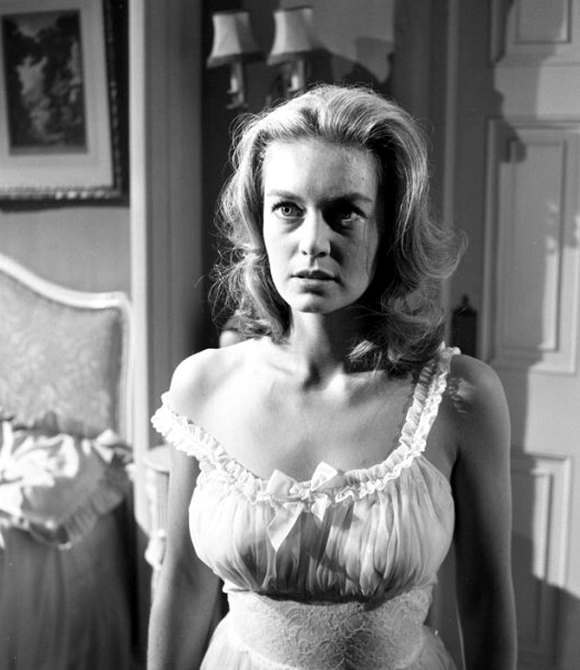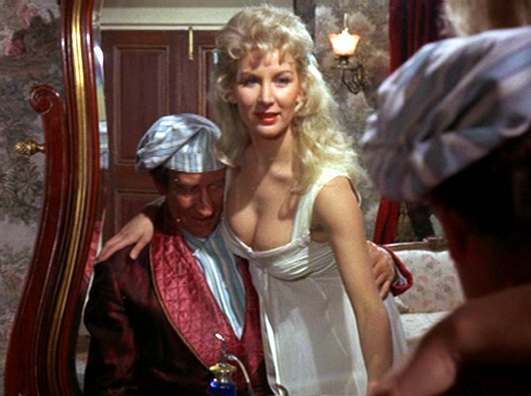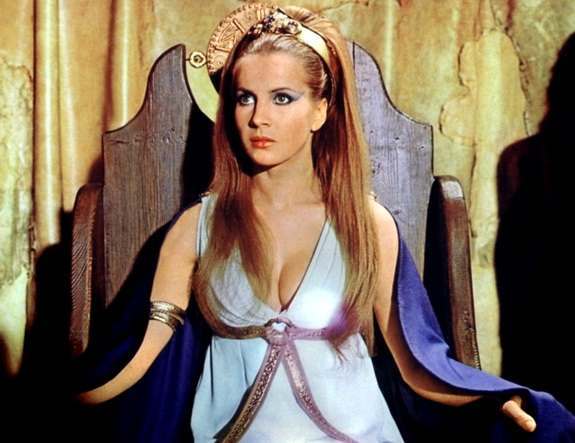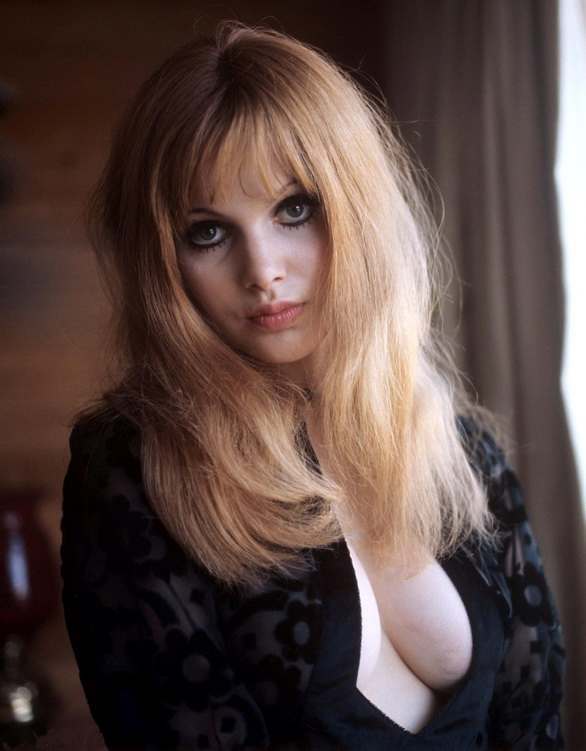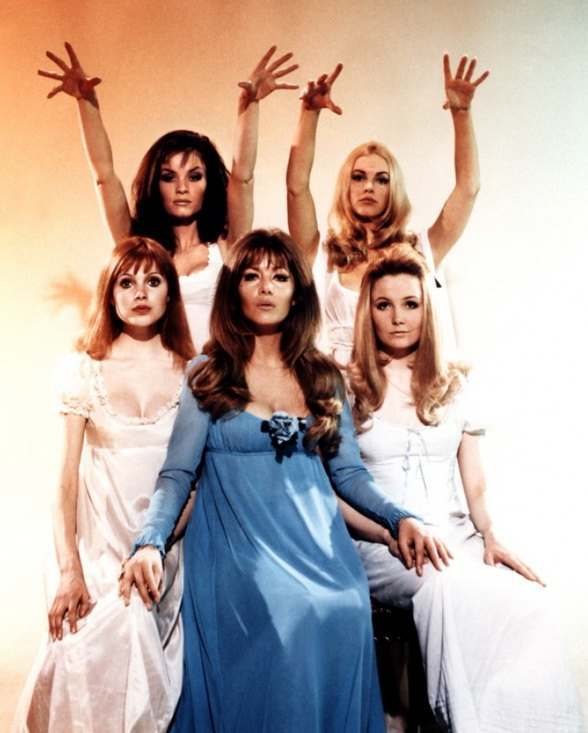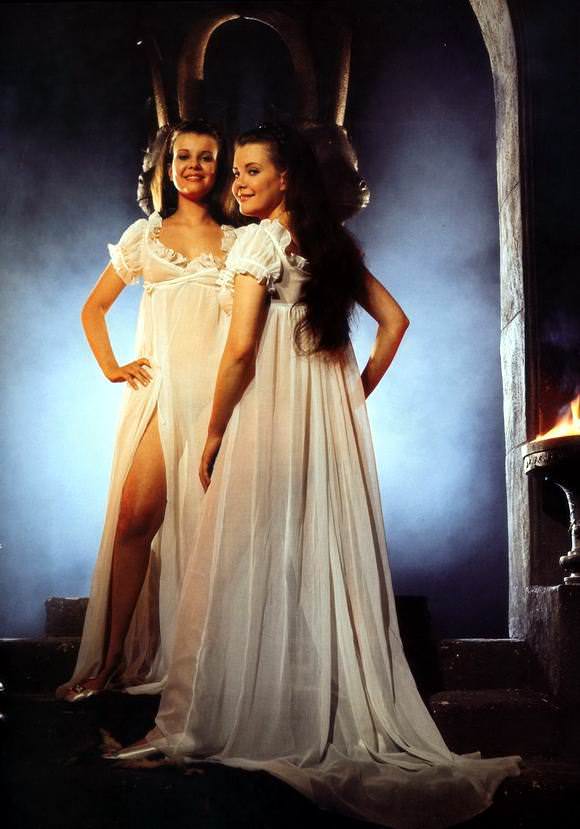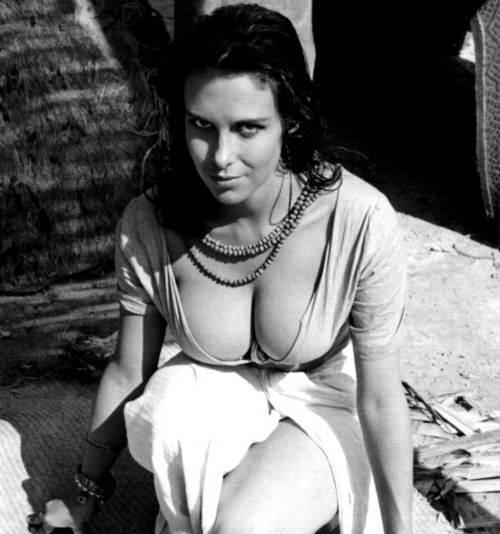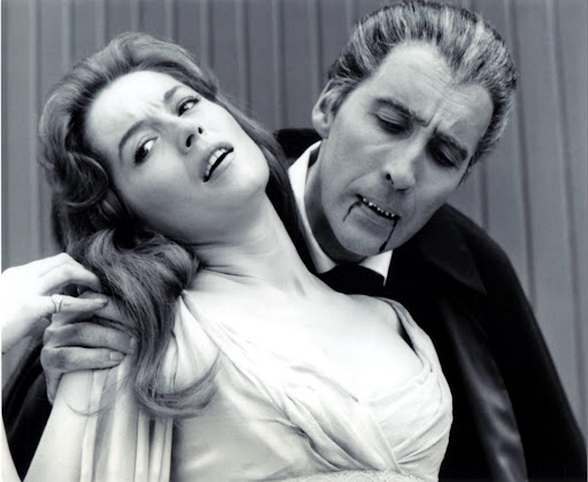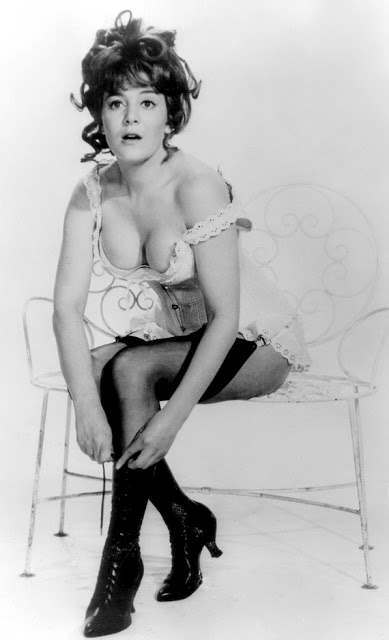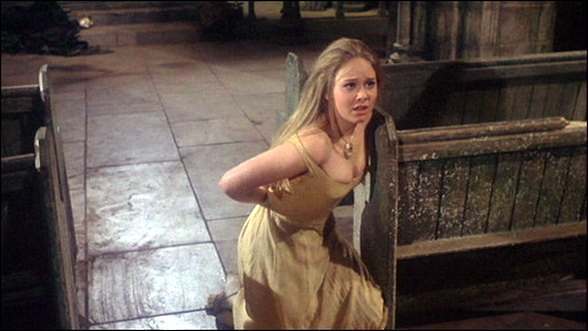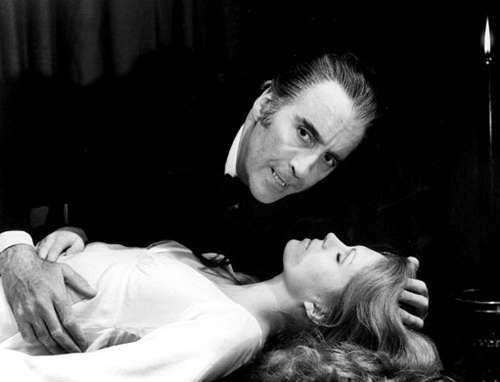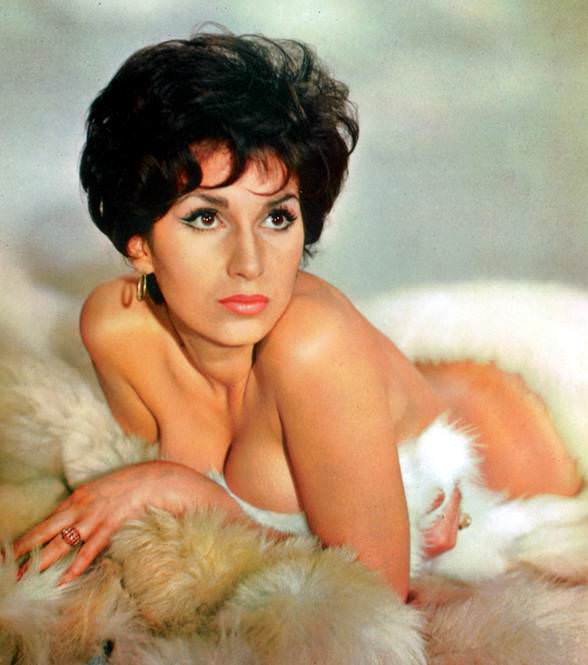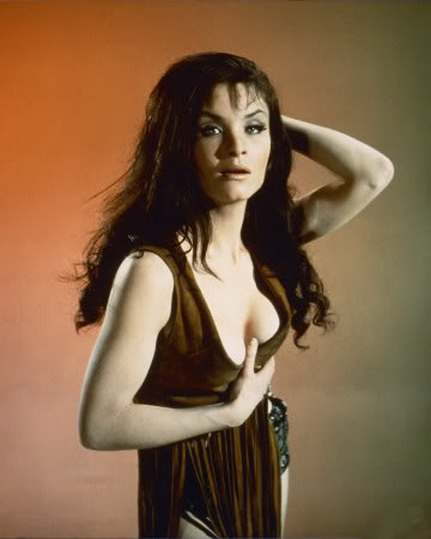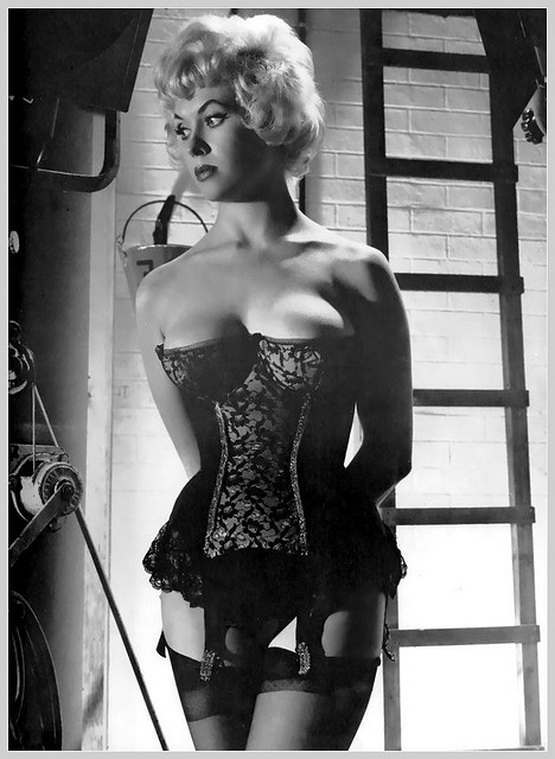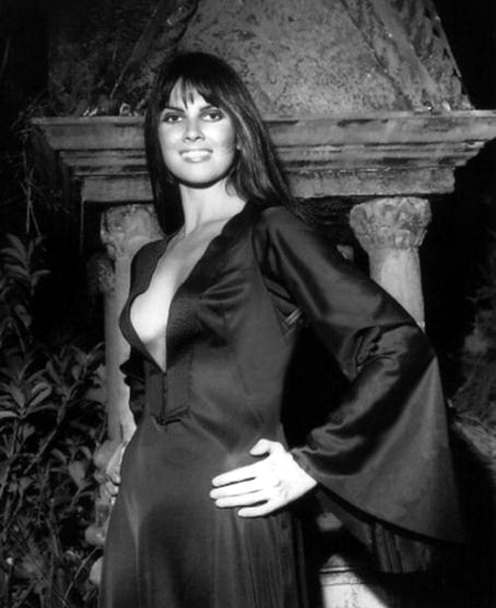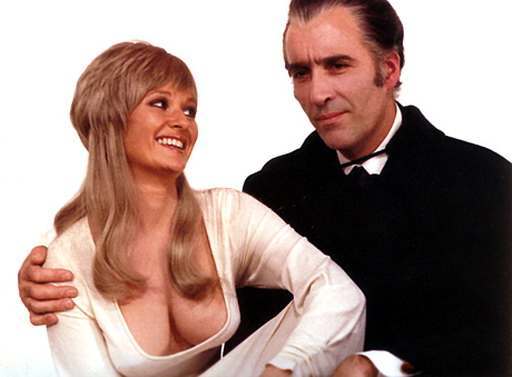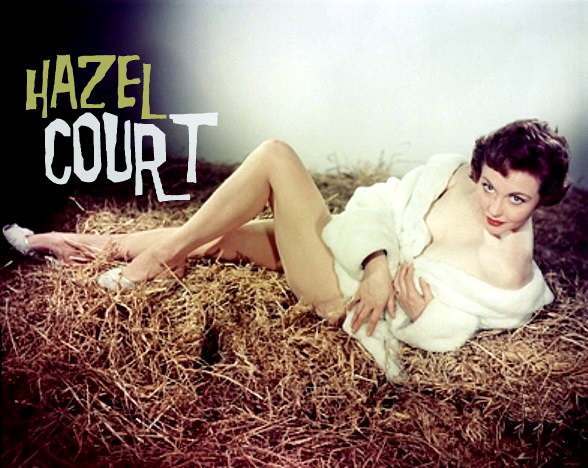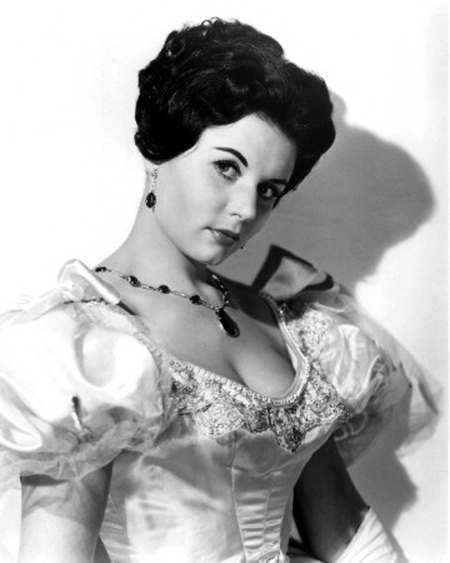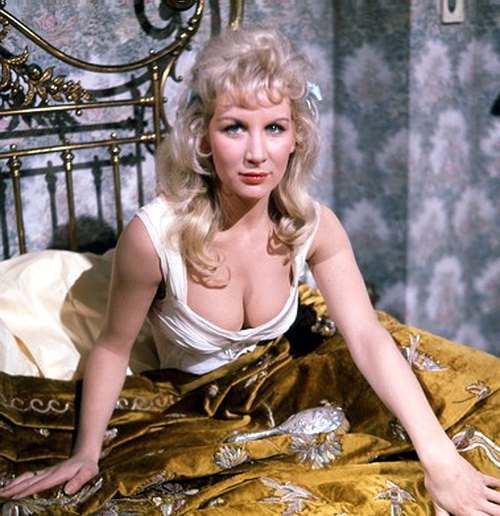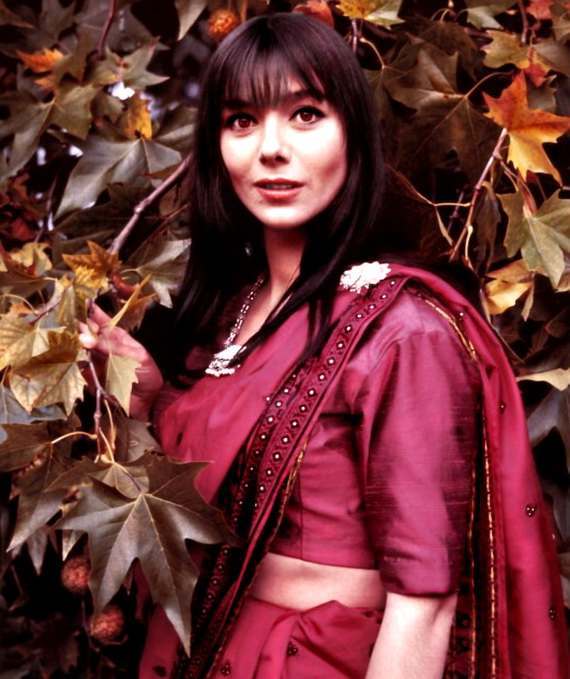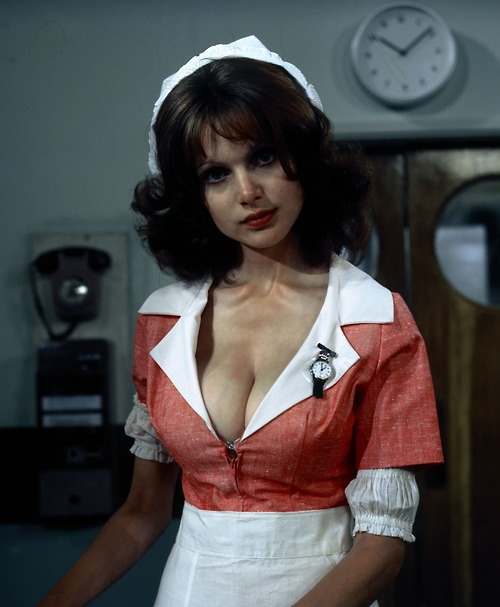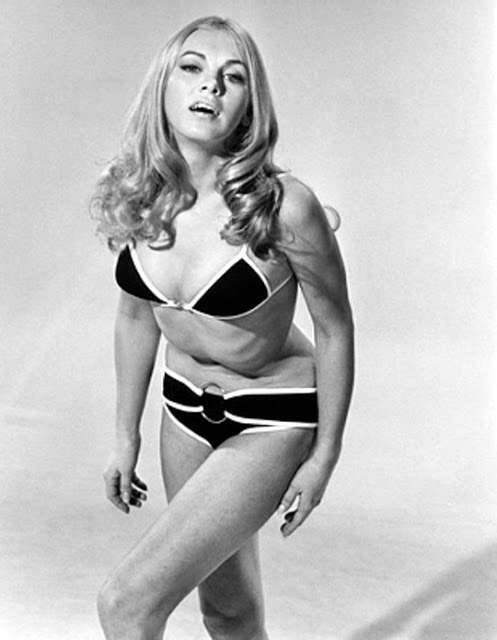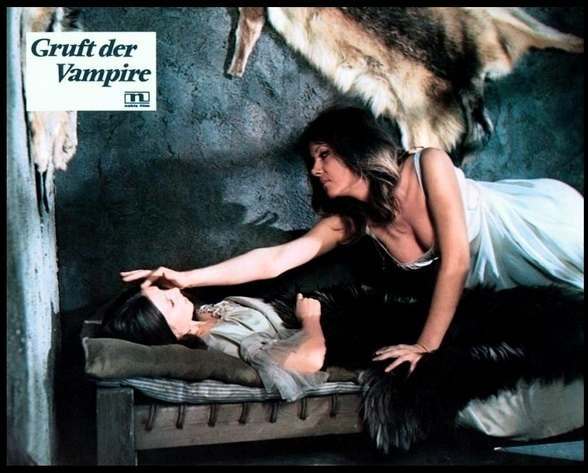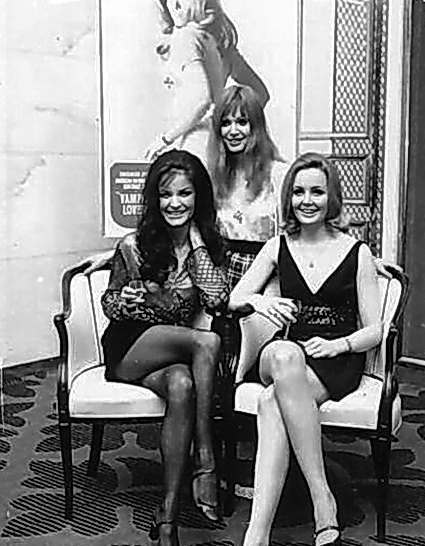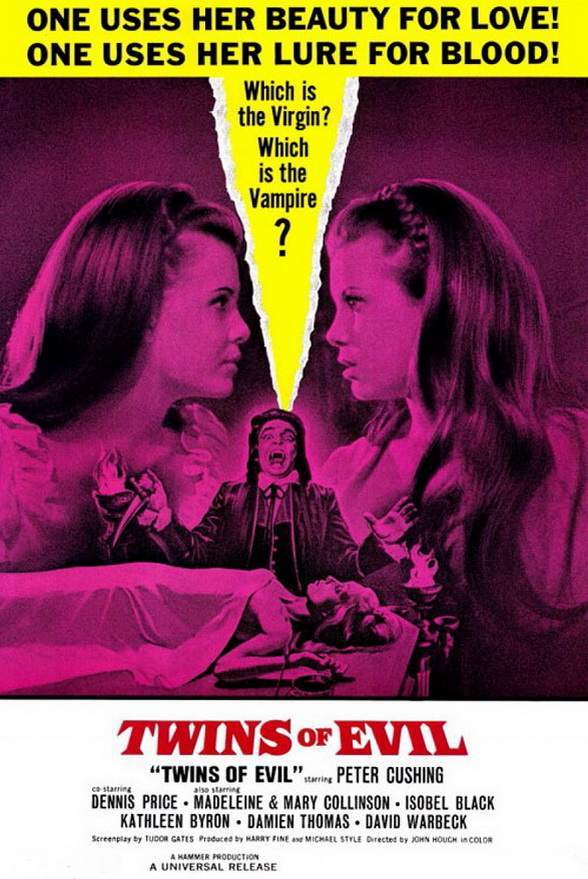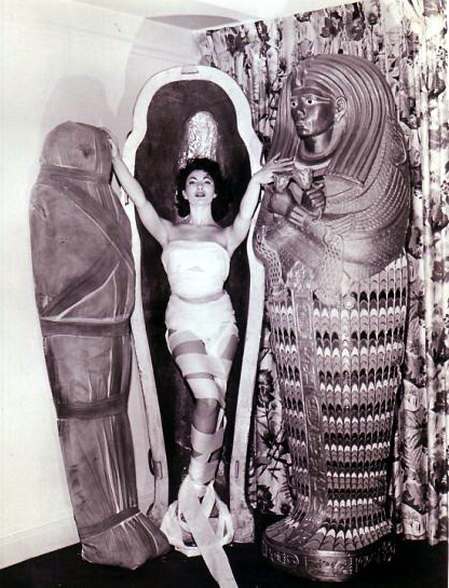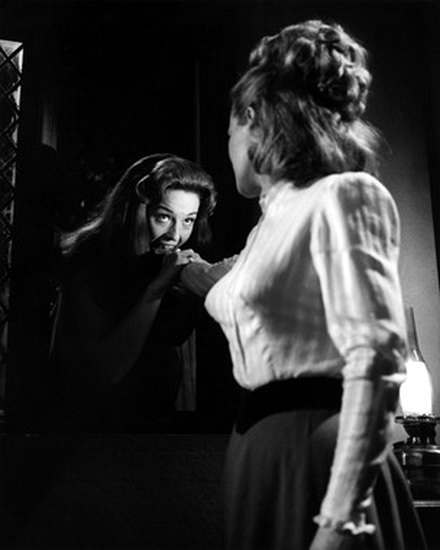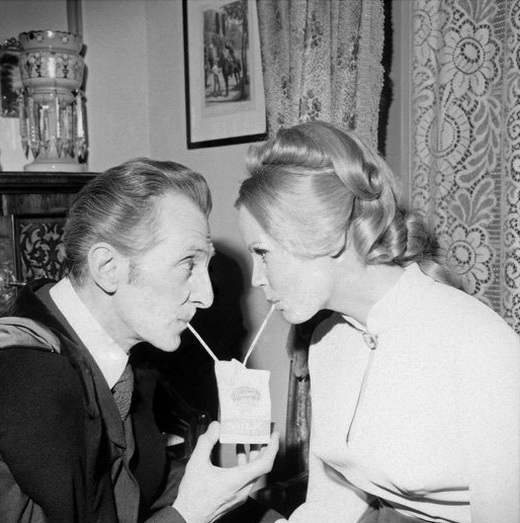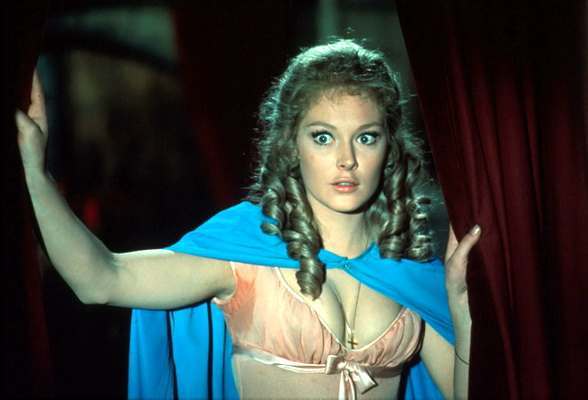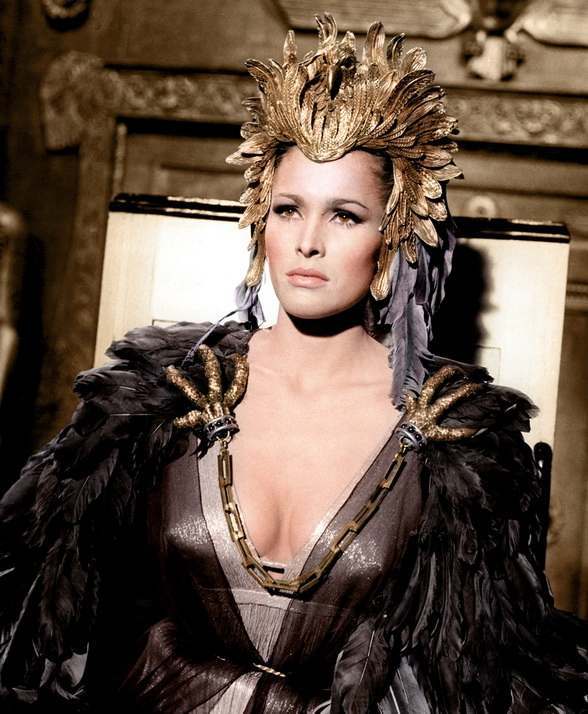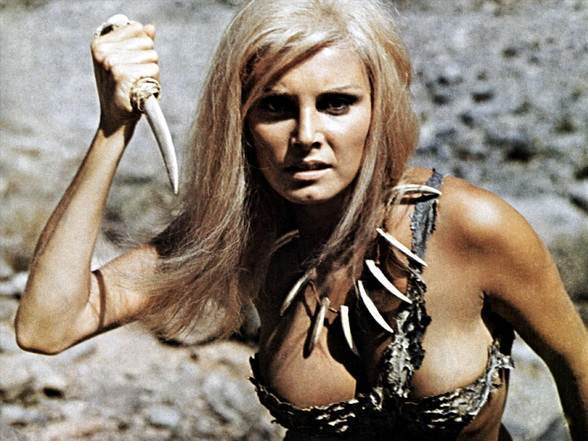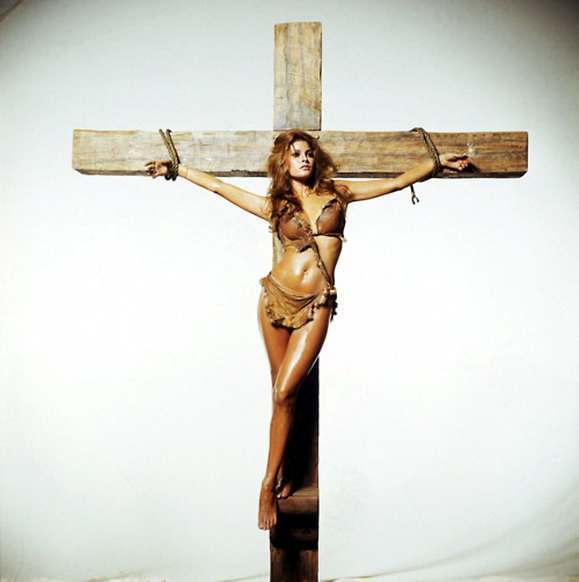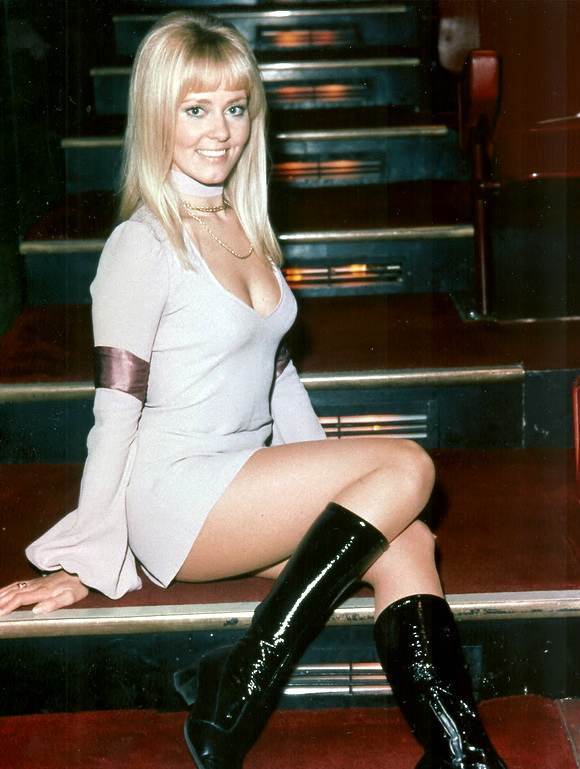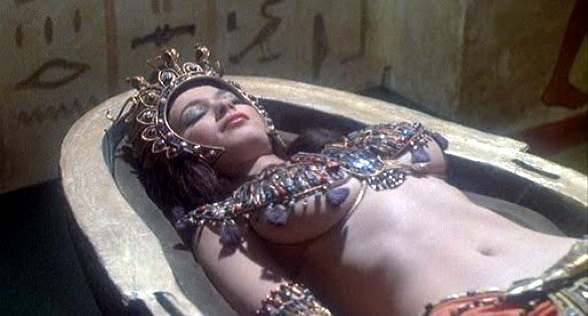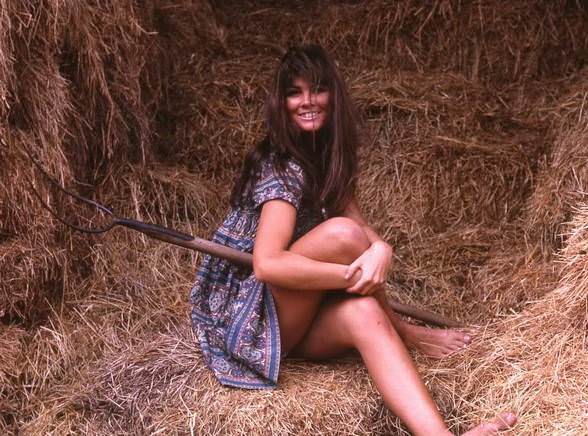In the world of horror films, few names stand out like Hammer Horror. This British film company produced a series of iconic horror movies from the 1950s to the early 1970s. Their films became famous for a mix of blood, Gothic settings, and memorable characters. One notable aspect was the portrayal of women, often depicted as “buxom babes in peril.”
The Hammer Horror films featured stunning actresses who brought their characters to life. These women were often placed in terrifying situations, creating tension and excitement. They were not just victims, but central figures in the stories. Their beauty and vulnerability added to the atmosphere of fear. The combination of horror and sexuality became a hallmark of Hammer’s style.
One of the most famous films in this genre was ‘The Curse of Frankenstein’, released in 1957. This film shocked audiences with its graphic content. Critics were divided, with some calling it a “peepshow of freaks.” The film marked a turning point in horror cinema, paving the way for more explicit content. It set the stage for other Hammer films, which often followed a similar formula.
Read more
In these movies, the buxom babes were frequently in various stages of undress. This approach was both controversial and captivating. The actresses, like Barbara Shelley and Yvonne Furneaux, became iconic figures. They often found themselves in situations where they were threatened by vampires, monsters, or other horrifying creatures. Their performances added depth to the horror, as viewers felt a mix of fear and sympathy for their characters.
The settings in Hammer films also played a crucial role. Dark castles, creepy mansions, and foggy graveyards created an eerie backdrop. These locations heightened the sense of danger that the characters faced. The combination of beautiful actresses and haunting environments made for memorable scenes that captivated audiences.
Despite the often-objectified portrayals of women, these characters were not merely plot devices. They displayed courage and strength in the face of danger. Many characters fought back against their attackers, showcasing resilience. The films challenged viewers’ expectations, as the women sometimes outsmarted their foes.


